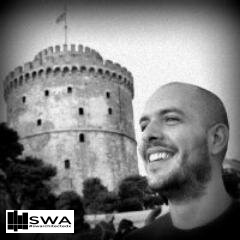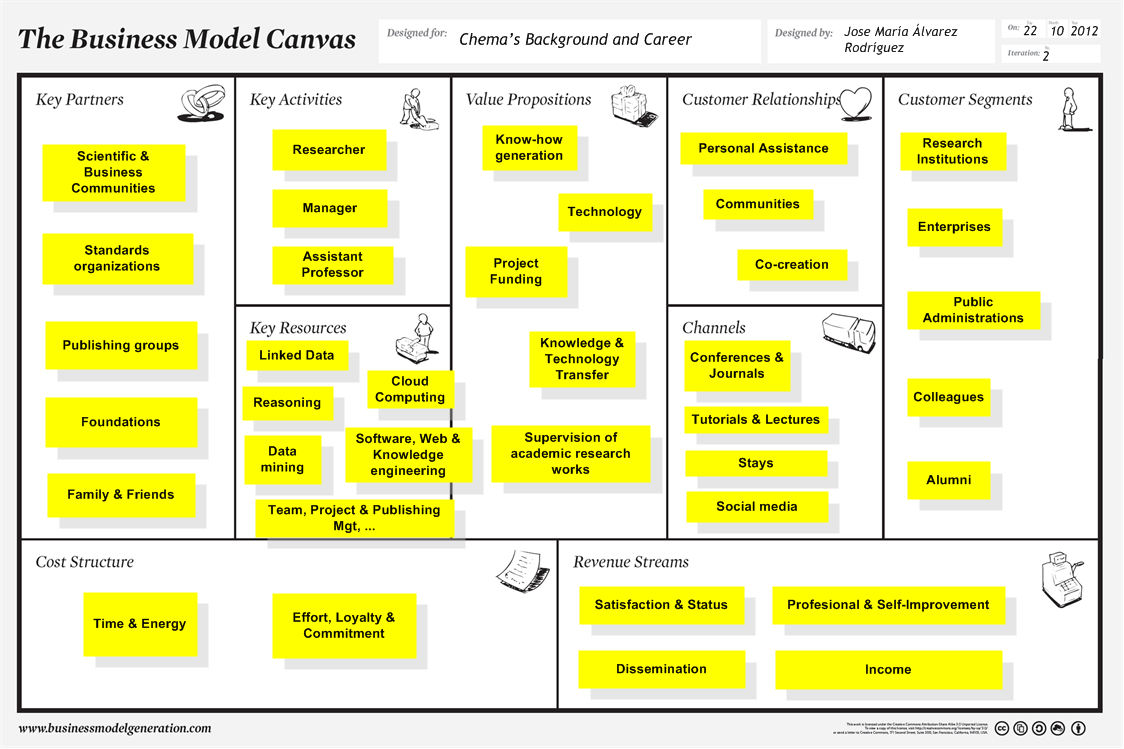This week I have made some interesting tasks. Following the same structure of last weeks I leave some links to the activities I am carrying out:
Reading
- Graph-Based Ranking Algorithms for E-mail Expertise Analysis
- An Evaluation Framework for Reputation Management Systems
- Reputation Management Algorithms & Testing
- Trust, etc. in online authors
- Architecture and Algorithms for a Distributed Reputation System
- A Reputation Algorithm for a Self-Organizing System Based upon Resource Virtualization
- Programming Pig
Writing and reviewing
- I have continued with the structure and firts contents of two papers and one special issue proposal.
- I have submitted a contribution to the European Data Forum 2013.
- I have prepared a presentation (I have to make some changes…)
I have not made any relevant progress in developing tasks but I have being refreshing my know-how on Python.

